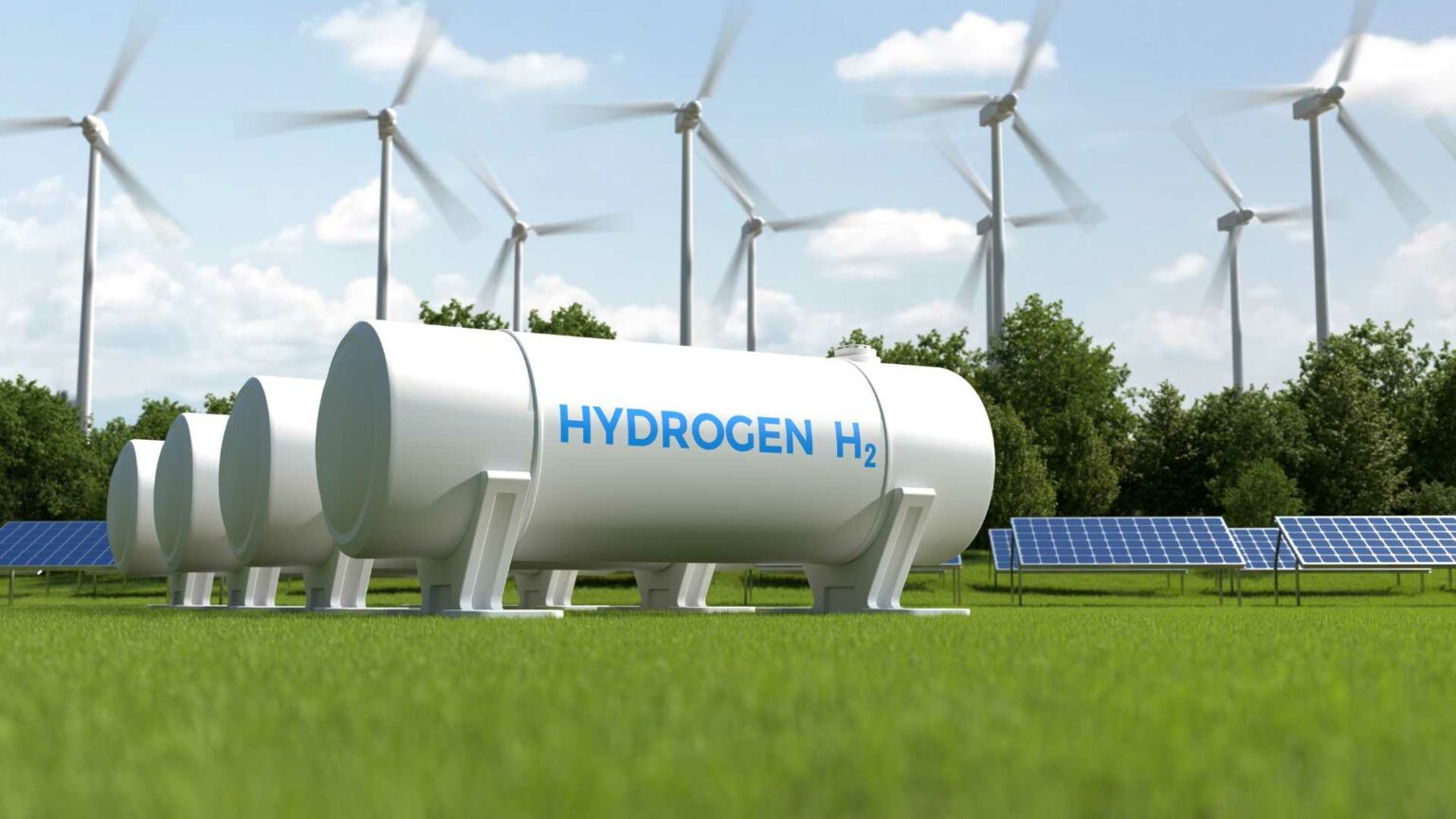A recent paper published in the International Journal of Hydrogen Energy explores innovative strategies for managing energy in electric-hydrogen hybrid storage systems within photovoltaic microgrids. Authored by Yuzhen Tang, Qian Xun, Marco Liserre, and Hengzhao Yang, this research provides key insights into enhancing the efficiency and reliability of renewable energy systems.
Main Findings
The researchers developed and tested an advanced management framework for electric-hydrogen hybrid energy storage systems within photovoltaic microgrids.
The study highlights the following key findings:
– Improved Energy Efficiency: The proposed management system significantly enhances the overall efficiency of energy utilization in photovoltaic microgrids.
Reliability and Stability: By integrating hydrogen storage with traditional electric storage, the system improves the stability and reliability of the power supply.
– Cost-Effectiveness: The hybrid approach offers a cost-effective solution for managing excess energy generated by solar panels, particularly during peak sunshine hours.
Technical Details
The research method involved simulating a photovoltaic microgrid with electric and hydrogen storage components. Advanced algorithms were employed to manage the energy flow between solar panels, electric batteries, and hydrogen fuel cells. These algorithms optimize the timing and quantity of energy stored and released, ensuring minimal wastage and maximum use of available resources.
The findings of this study have several potential applications:
– Residential and Commercial Microgrids: The hybrid storage systems can be used in residential and commercial setups, providing a reliable backup during outages and reducing dependency on conventional power sources.
– Remote and Off-Grid Areas: For remote or off-grid locations, the integration of hydrogen storage can ensure a continuous power supply, mitigating the challenges associated with intermittent solar power generation.
Grid Stability: Implementing such systems on a larger scale can contribute to overall grid stability, making renewable energy more viable and dependable.
Key Takeaways
– The study presents a novel framework for managing electric-hydrogen hybrid storage systems in photovoltaic microgrids.
– Significant improvements in energy efficiency, reliability, and cost-effectiveness were observed.
– Applications range from residential microgrids to remote and off-grid areas, with broad implications for grid stability and the renewable energy market.
While the findings are promising, further research and real-world testing are necessary to fully realize the potential of these hybrid systems in diverse settings.
This research contributes to the academic understanding of energy storage management and offers practical insights for advancing sustainable energy solutions.





